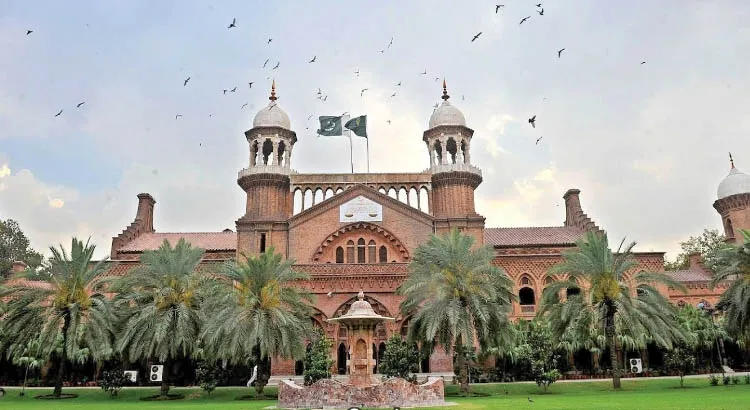Lahore High Court Rules on Dower Rights Post-Divorce

Synopsis
Key Takeaways
- Women retain dower rights after Khula if husband's misconduct is proven.
- Islamic law binds husbands to pay dower unless wife initiates Khula without fault.
- Not returning dower is valid when Khula is due to husband's fault.
- Each case's specifics determine dower return amounts.
- Nikahnama is a binding contract; obligations must be honored.
Islamabad, April 20 (NationPress) In a significant ruling, the Lahore High Court has affirmed that a woman retains the right to reclaim her full deferred dower even after seeking a divorce through Khula. The court clarified that the dissolution of marriage instigated by the husband's misconduct does not diminish her rights.
Justice Raheel Kamran stated that according to Islamic law and the 'Nikahnama' (the marriage contract), the husband is required to pay the dower unless the wife requests a Khula without his fault. In the case at hand, the woman presented compelling proof of her husband's cruelty and disrespectful behavior, which led her to pursue separation.
The principle of Khula is rooted in verses 228 and 229 of the holy Quran's Surah Al-Baqarah, which were practiced during the lifetime of the Holy Prophet, as reported by the Dawn on Sunday.
Justice Kamran referenced a Federal Shariat Court ruling stating that if a wife initiates Khula solely due to personal dislike for her husband, she must return the received dower. However, if she seeks Khula due to the husband's fault and provides valid reasons, she is not obligated to return the dower already received.
In such cases, it falls upon the court to assess the amount that the wife should return, based on the specifics of the situation.
The judge emphasized that the Nikahnama is a legitimate and binding contract between husband and wife, and the deferred dower is a contractual commitment made by the husband. He stated that, barring valid legal reasons to deviate from the contract, the husband must fulfill his obligations.
"The mere act of the wife seeking Khula does not automatically invalidate this contractual duty," he stated.
The judge reiterated that when determining a wife's right to deferred dower upon seeking Khula, the critical factor is her rationale for doing so.
If a wife pursues Khula solely out of dislike for her husband, without any wrongdoing on his part, she forfeits her right to the deferred dower, similar to the situation with immediate dower, he explained.
On the other hand, if the husband's actions drive the wife to seek dissolution, she retains her right to the deferred dower, the judge added.
He acknowledged that in this instance, given that the marriage lasted nine years and the wife met her marital duties, denying her the deferred dower would be inequitable. He differentiated this case from earlier judgments referenced by the petitioner’s attorney, where the husband's cruelty had not been substantiated.









